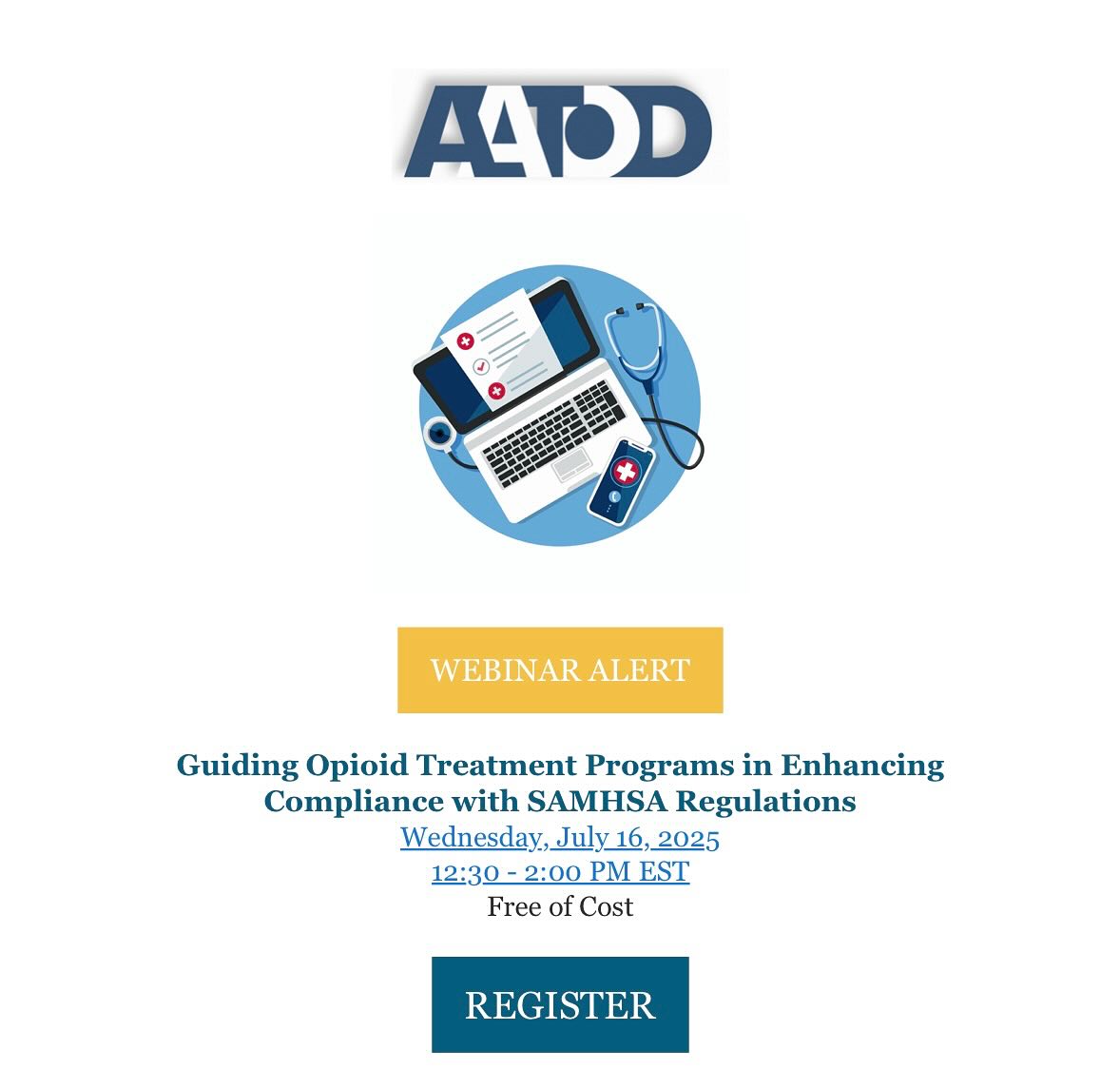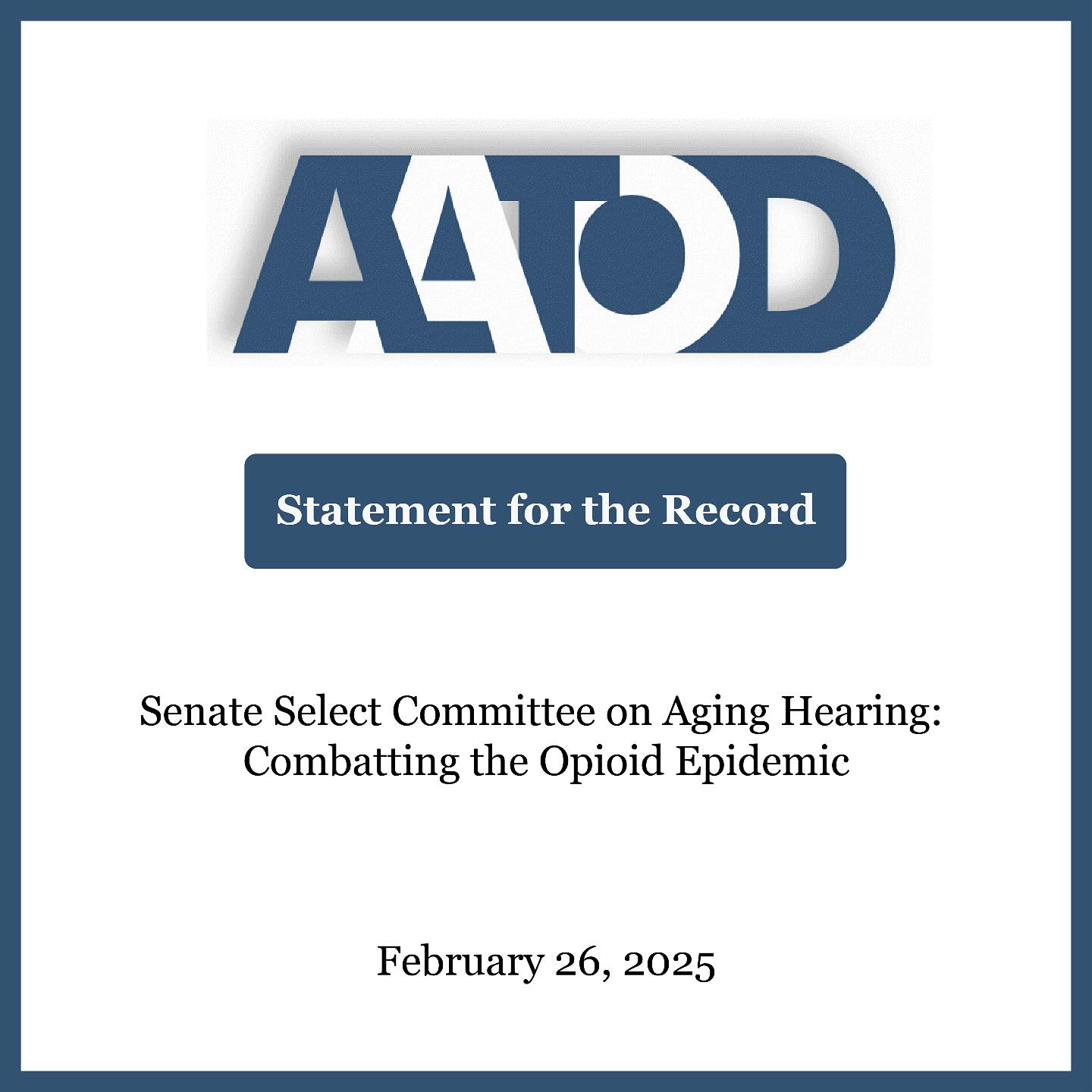- Dosage must be sufficient, typically in the 60-80 mg range, but some patients require more. In no other branch of medicine can one imagine guidelines — much less regulations — that insist on the lowest possible dosage, even if that dosage is only marginally effective in saturating the receptors. No medicine can work unless given in adequate dosage, so low-dosage programs are self-defeating. In the United States, the General Accounting Office compared the effectiveness of methadone programs across the country; the least successful were those with the lowest doses.
- Duration of treatment must be adequate. In no other branch of medicine would effective therapy for a chronic disease be terminated after a fixed time. Imagine the outcry if physicians were forced to discontinue steroids and nonsteroidal anti-inflammatory drugs for rheumatoid arthritis, or digoxin for congestive heart failure. Yet some jurisdictions have mandated a time limit on methadone maintenance. Especially ironic is the view that when addicts are doing WELL on methadone, they should be terminated; one would think the opposite made more sense — that patients doing well on a drug should stay on that drug.
- Patients themselves are usually eager to quit methadone — not only because of the nuisance but also because societal attitudes make them feel demeaned. Staff should DISCOURAGE terminating methadone until fully satisfactory social rehabilitation has been achieved and no heroin whatsoever has been used for at least a year. However, if a patient does terminate prematurely and then relapses, the door should be left open for immediate readmission and re-induction without punitive attitudes on the part of treatment staff.
- Urine testing is essential — on site, with immediate feedback of results as an aid to the counseling process. Again, consider the treatment of other diseases. Would we treat hypertension without regularly checking the blood pressure? Or obesity without regular weighings? Especially with a patient population not famous for veracity, OBJECTIVE EVIDENCE provides the only sure milestones for measuring progress or detecting relapses.

AATOD...Follow Us 💫



















This is the final notification for our early reg conference deadline of today, 6/30. The registration must be submitted prior to midnight. We hope to see you in Philadelphia this October!
http://aatodconference.com
#aatod2025
#theevolvingfieldofopioidtreatment
The Evolving Field of Opioid Treatment
AATOD proudly presents the world’s premier training conference event for the treatment of Opioid Use Disorder.
Early Registration Deadline: June 30, 2025
www.aatodconference.com
It’s Here…Conference Workshop Lineup!
View the comprehensive workshop listing and descriptions of the conference sessions.
Marketing & Advertising Opportunities
Exhibits & Sponsorship
Don’t miss out on the chance to show your support, share your products/services and secure your sponsorship at the AATOD 2025 Conference. You can now purchase exhibit booths, select sponsorship opportunities and register badges directly through the portal HERE. You can also learn more about exhibit opportunities and benefits on our conference website.
AATOD, Inc.
225 Varick Street, Suite 402
New York, New York 10014
Contact Us
Phone
: 212-566-5555
Email
: info@aatod.org











